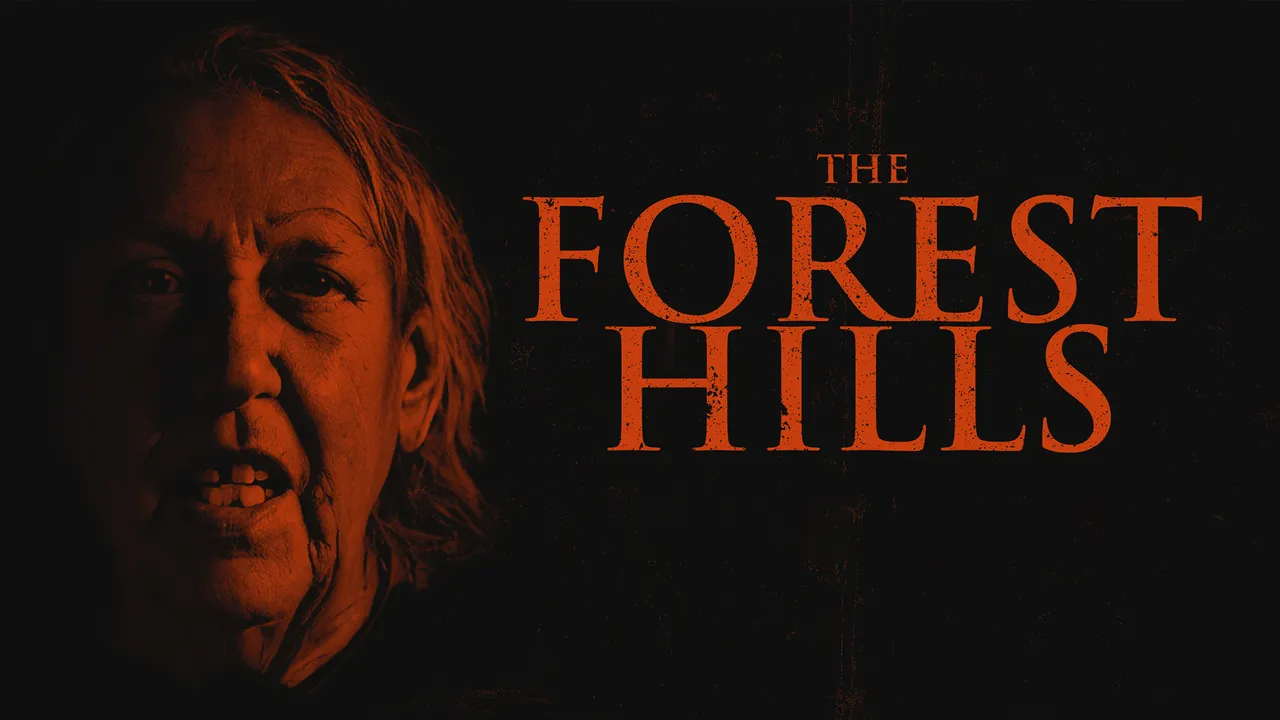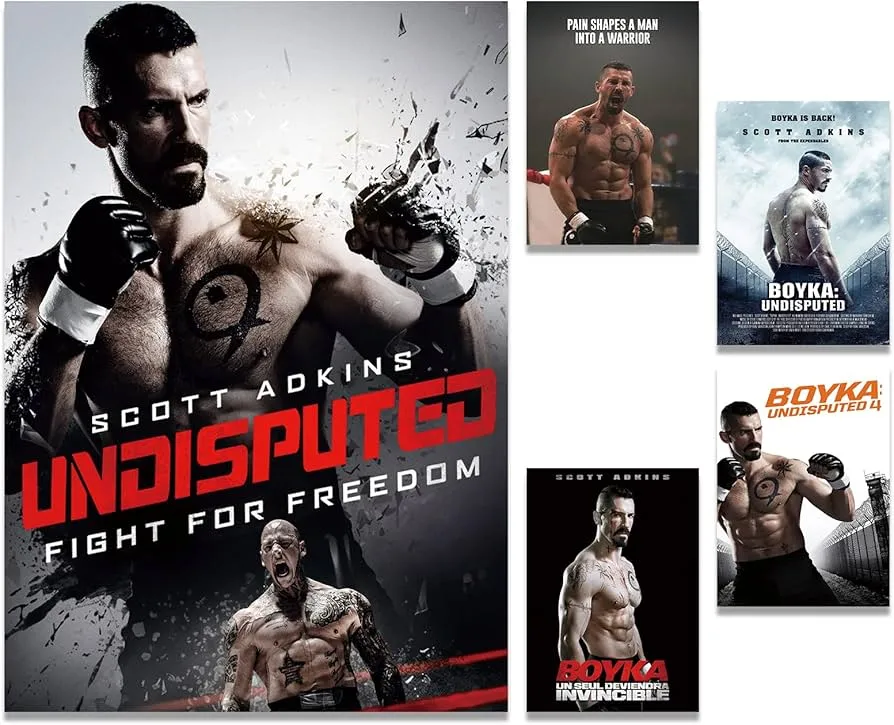After wrapping its original five-season run in 2020, Tyler Perry’s If Loving You Is Wrong returns more turbulent and provocative than ever in its new revival, Back In, released in 2025. The beloved—but often scandal-ridden—residents of Maxine’s Gate are back, and as we quickly learn, no secret stays buried forever—and no heart remains unscarred.
Perry’s return to this hallmark soap opera feels timely: a blend of high-stakes relationship drama, moral reckonings, and the messy realness of family, love, and betrayal. Back In picks up just two years after the last blowout, with old vendettas reignited and new temptations looming large.
We rejoin Brad and Marcie, whose once-rocky marriage seemed finally locked down—until Marcie’s new high-powered job exposes her to a world of envy and temptation. Meanwhile, Alex and Natalie continue their struggle for redemption after Alex’s prison stint, trying to rebuild trust against a backdrop of lingering resentment.
Next door, Chances and Esperanza confront a crisis of faith when their teenage daughter elopes with her rebound beau. This sends their stable home life spiraling and gives new fuel for gossip, guilt, and spiritual questioning.
A dramatic newcomer arrives in the form of Darius King, a handsome preacher-turned-real-estate mogul moving into the complex. With his presumed values and hidden past, he becomes the focal point of suspicion, seduction, and shifting alliances.
True to Tyler Perry form, the show balances romance, heartbreak, humor, and redemption—but Back In feels more emotionally architected. Perry’s voice is firmer, his pacing tighter, and his writing wiser. Dialogue crackles with snappy sensuality one moment and tender vulnerability the next.
The community is smaller but louder, the stakes more personal. Where the original series often juggled half a dozen explosive arcs, Back In narrows focus to four central households—and that intimacy pays off with emotional depth we didn’t always get before.

-
Marcie is stronger—or at least tries to be. She’s taken a new role as director of a women’s shelter, and while her public face is steady, old wounds surface when she questions whether she sacrificed too much for Brad.
-
Brad, ever the charm machine, juggles fatherhood with a career crossroads. His attraction to Marcie is powerful—but his new proximity to Darius’s sister flips a switch he didn’t expect.
-
Alex, recently released, works delaying and deflating. He’s determined to prove himself worthy of Natalie’s love—and their two kids. But every time he makes progress, old impulses cling to him like scabs that refuse to heal.
-
Natalie, finally pursuing a career in social work, is alive with purpose—but vulnerable to burnout. Her frustration with Alex’s struggles comes to a head when she questions whether loyalty demands endless sacrifice.
-
Chances, the soft-spoken spiritual anchor, is rattled. His faith falters when his daughter vanishes, his wife retreats into guilt, and nosy neighbors climb over his fences. He’s forced to ask: what do you cling to when the world you built is draining?
-
Esperanza, meanwhile, silently shouldered most of the first half—until she begins using gossip to shield herself. But everyone she trusts sees through the veneer.
-
Darius King is the ignition. He’s magnetic, polished, and his faith-based rhetoric attracts trust—but whispers attend him too. Who is he to speak of guiding others if his past revolts? Back In turns on the question: is someone who offers salvation worth salvation?
One of Perry’s long-standing strengths is moral complexity: no one is purely good, and nearly everyone is doing their best at the worst times. Here, Back In doubles down on that. The show pulls specific tension from real modern dilemmas: what does accountability look like in a cancel culture world? Can a marriage survive commercial equality? What do you owe your reputation when your truth hurts the ones you love?
Forgiveness remains central—but so does its cost. When Alex slips—or when Marcie resumes insecurity—Back In asks: can we forgive people who don’t seem to learn? Or are some bridges irrevocably burned?
The show is also unafraid to knock on taboo: racism simmering under polite friendship, passive-aggression disguised as "spirit-led" advice, and the tension between personal agency and public perception. Under Perry’s steady eye, episodes feel sharper. Locations are tighter, music cues more intentional, and moments of silence more telling. Tension simmers in unspoken glances, lingering eye contact, and long, quiet shared breakfasts.

Fans of Perry’s hallmark one-liners—“You’re stronger than you think, baby”—will still get them. But Back In favors naturalism, with fewer monologues and more lived-in messiness.
If Loving You Is Wrong: Back In is the rare resurrection done right. It remains rooted in the mouthwatering drama we fell in love with, but evolves into something quieter and deeper. The acting pulses with authenticity; storylines land with thoughtful tension; moral stakes feel earned, not manufactured.
For longtime fans, there’s the comfort of familiar faces going through relatable struggles. For new viewers, it’s a character piece that doesn’t demand lifetimes of backstory—just empathy.In the end, Back In reminds us that sometimes, going backward—into old places, hidden truths, familiar wounds—is the only way forward. And maybe, in confessing and forgiving, we can finally love rightly again.

-1751530585-q80.webp)


